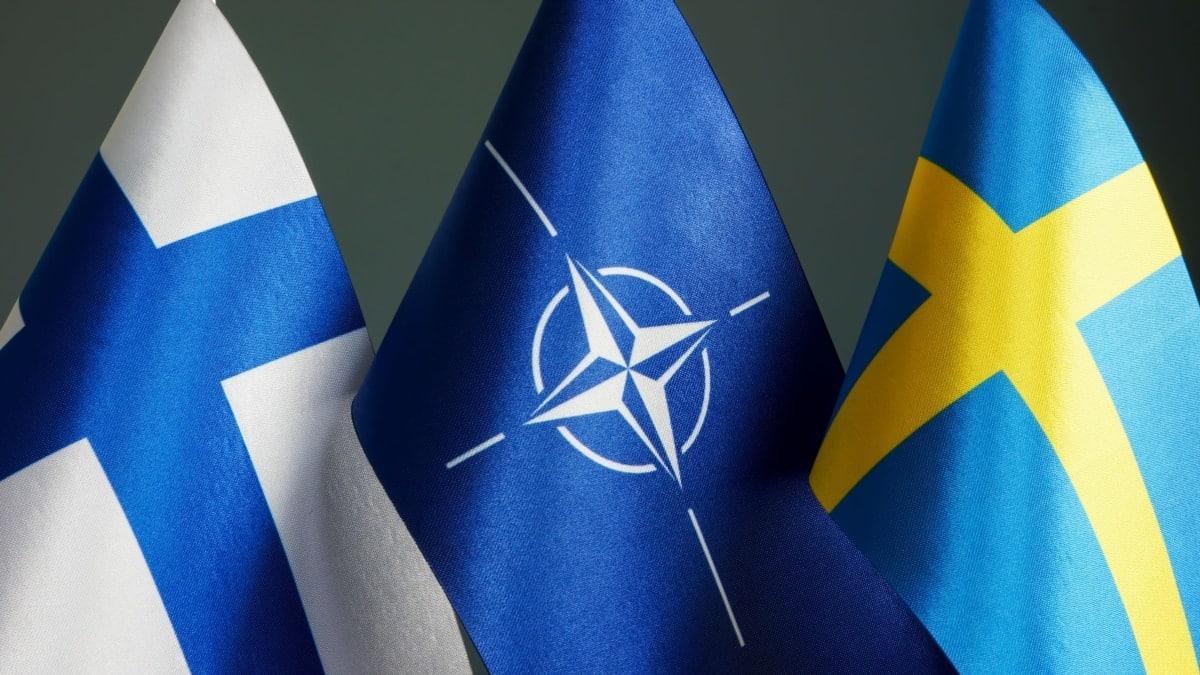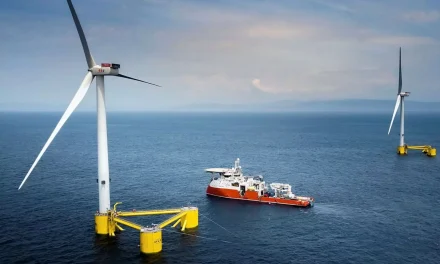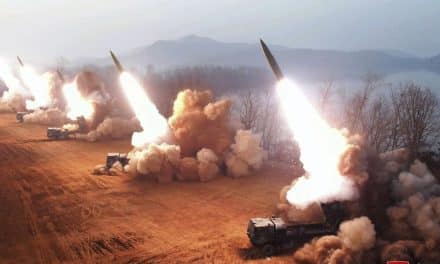The Fidesz party, led by Hungarian Prime Minister Viktor Orban, has expressed support for Finland and Sweden’s bids to join the NATO alliance, yet it appears that Hungary has been delaying the process. While most NATO members, including the United States, have immediately and unconditionally backed Finland and Sweden’s accession, Turkey and Hungary have yet to give them the green light.
Finland and Sweden applied to join the 30-member alliance last year, following Russia’s unprovoked invasion of Ukraine. NATO requires unanimity among its members to accept other countries into its ranks, and lawmakers are expected to take a final vote in the second half of March.
Hungarian President Katalin Novak has emphasized the need for careful consideration of the decision, citing its complexity and potential consequences. However, specific complaints have not been aired, and Orban has recently accused the two NATO aspirants of spreading lies about the state of democracy and rule of law in Hungary.
Orban’s close relationship with Russian President Vladimir Putin has raised concerns among EU and NATO officials. Under Orban’s rule, Hungary has witnessed an accelerated slide toward authoritarianism and widespread corruption. This has led to the European Union proposing a freeze on billions of euros of funds earmarked for Budapest in November, demanding credible rule-of-law and anti-corruption reforms for the release of funds.
Moreover, Orban has antagonized European Union officials with his repeated criticism of EU sanctions targeting Russia for its war in Ukraine and his continuous attempts to hinder implementing new punitive measures against Moscow.
Despite supporting Finland and Sweden’s accession in principle, Orban has expressed agreement with more radical lawmakers who vaguely claim that “not all is well.” This has led to a delay in the ratification process, with Orban’s chief of staff, Gergely Gulyas, suggesting that the debate may take some time.
As Hungary takes its time in reaching a decision on the accession of Finland and Sweden to NATO, the situation raises questions about the nation’s contradictory stance and the motives behind the delay. With increasing tensions between NATO and Russia, the outcome of Hungary’s decision may have significant implications for the future of the alliance and European security.





